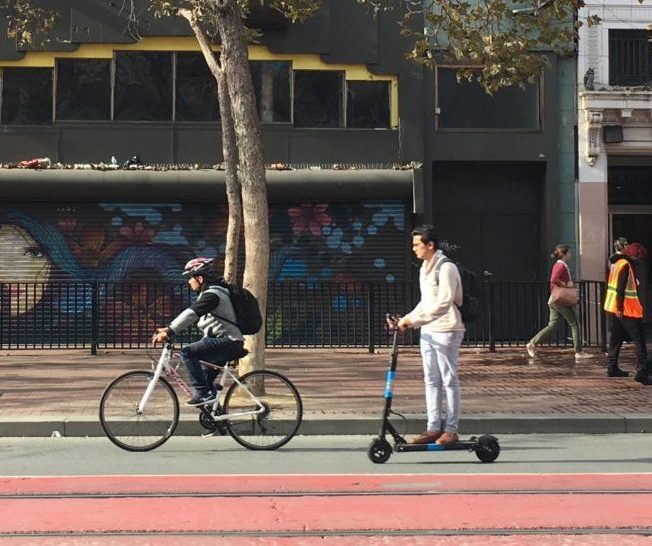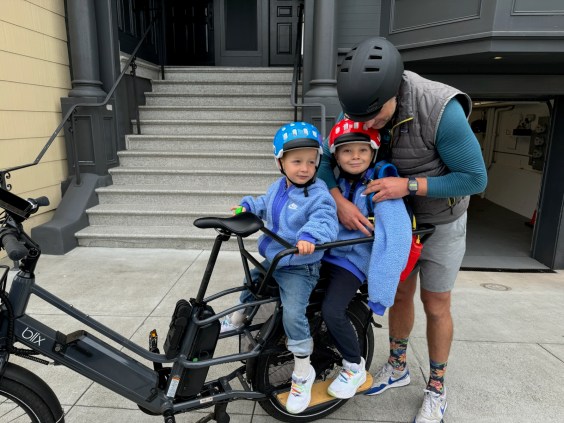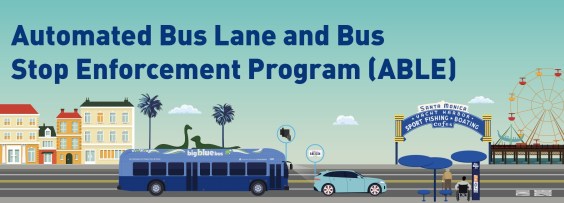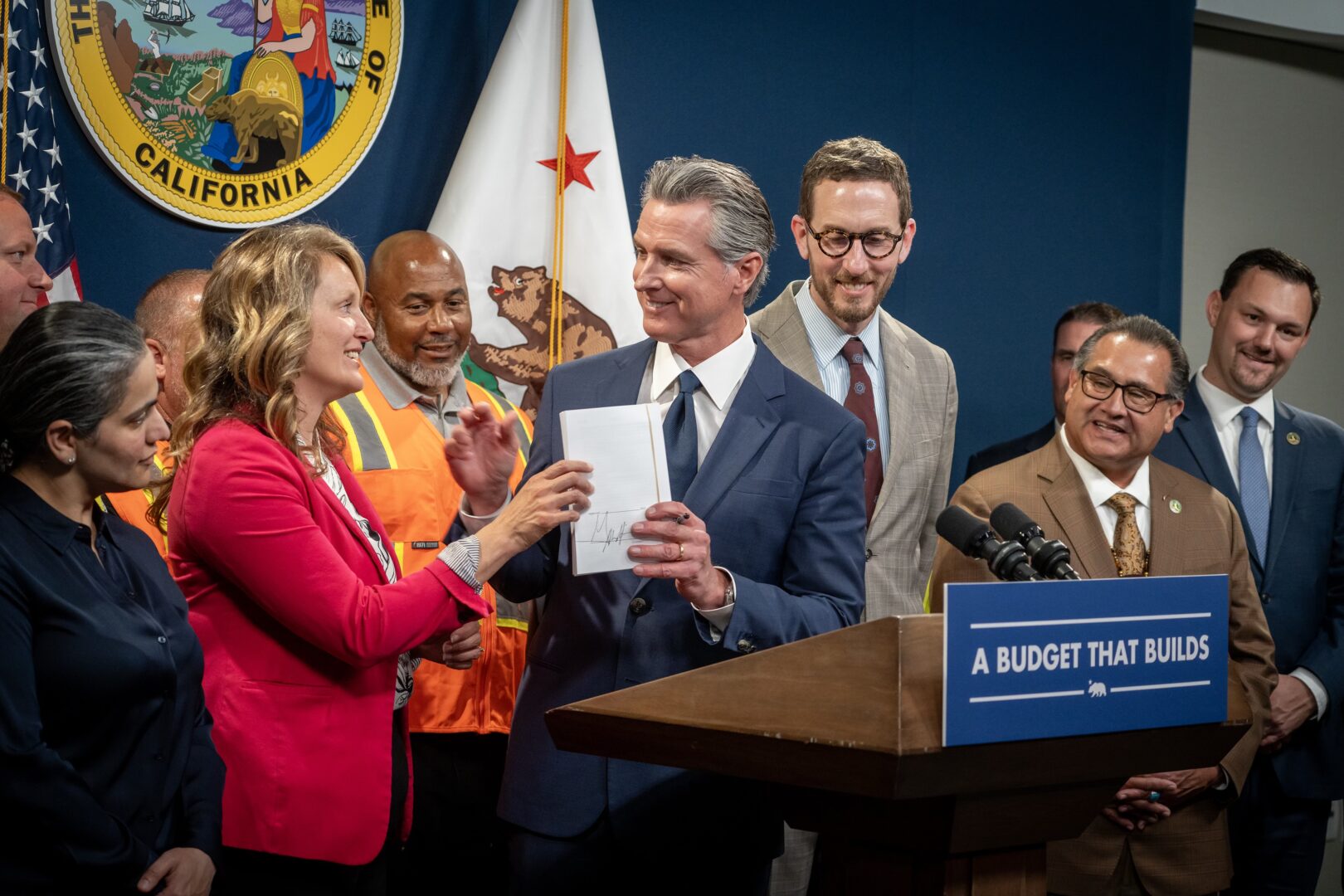California's Active Transportation Program (ATP) is a small but mighty funding source for bike and walk projects. The most recent two-year cycles allocated $400 million, to over 200 projects each cycle, but the program receives far more requests than it can fulfill. Its creation has been an opportunity to take into account issues - like equity - that have not often been considered in determining transportation funding. It has received a lot of interest and attention from a broad range of people, resulting in a program with some of the most complex and thorough application guidelines of any state funding program. Those guidelines have been suggested as a model for how other new programs, such as those created by S.B. 1, can address the same issues.
Until now the main opportunities to talk about the ATP and its aims and purpose have been in workshops on the guidelines. Those are usually attended by people who want to know how to get their particular projects funded. That's not a bad thing, necessarily, but it hasn't allowed for a broader conversation about how to best use ATP funding to meet its goals - including making California safer for people walking and biking.
Next week the California Transportation Commission (CTC) will host its first symposium on the ATP, inviting researchers, advocates, and planners to talk about what could make the program transformative. While attendance is at capacity, anyone can sign up to livestream the workshop.
Tamika Butler, recently sworn in as a Commissioner on the CTC, will kick off the event with a keynote. Panels will include a discussion of what makes a project "transformative," a criteria that program administrators say they want the ATP to fund. Another panel will discuss progress and opportunities for advancing equity and justice in active transportation; that panel will include Dr. Destiny Thomas, who until recently worked on community engagement for LADOT's Vision Zero efforts, Río Oxas of People for Mobility Justice, and Julia Jordan of the Leadership Counsel for Justice and Accountability.
Another panel will discuss the connections between active transportation and housing policies. That panel will feature Chanell Fletcher of Climate Plan and Christopher Cabaldon, Mayor of West Sacramento, among others. Offer Grembeck and Jill Cooper of UC Berkeley's SafeTREC will talk about tools available for measuring and evaluating safety. There will be discussions about the benefits of active transportation and education/ encouragement programs that get people walking and bicycling
According to the CTC, the goals of the symposium are to share and gather information on active transportation topics and issues outside of the guidelines process, and before the next funding cycle begins. It is also an opportunity to connect stakeholders with the agency and work on the overarching goals of the program.






